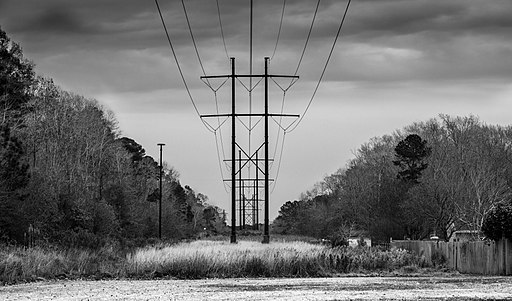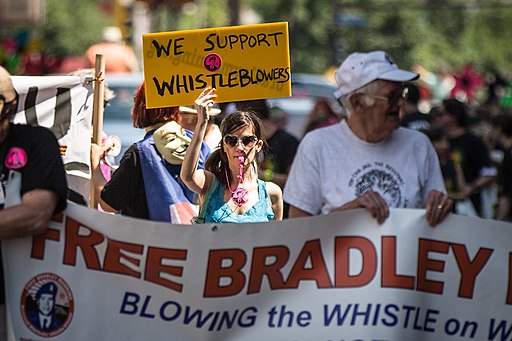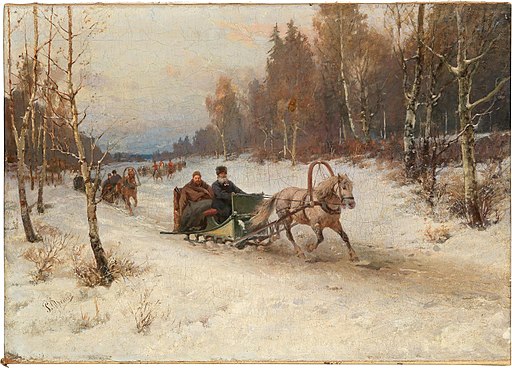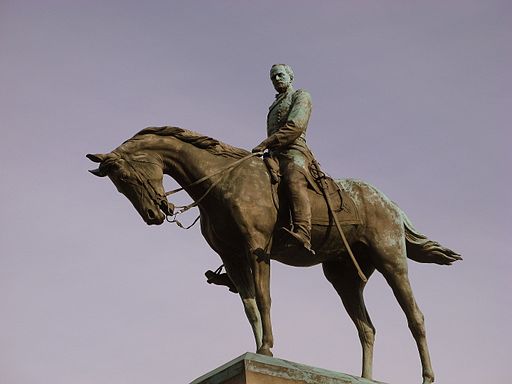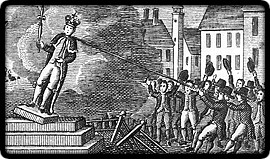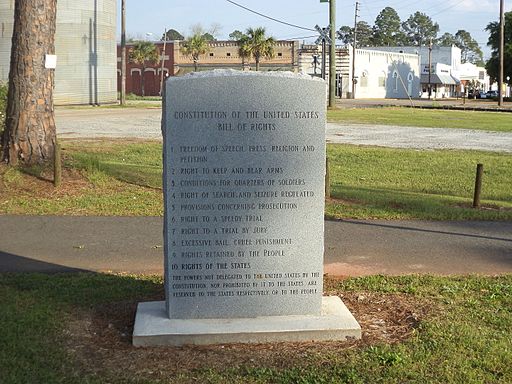The Body in Question

Micrograph by scanning electron microscope of human sperm cells magnified 3140 times. Pore size of the polycarbonate filter in the background is 1µm, or 1 micrometer.
Of course there are many physiological differences between men and women, perhaps the most important being that men do not carry an egg, fertilized or not. Men do contribute their sperm toward fertilizing women’s eggs. It seems that if men are not willing to cede legal control of their sperm to make sure it does not contribute to unwanted fertilization of eggs, then they should be willing to relinquish all legal oversight of fertilized eggs in women’s bodies. The eggs reside in women; that’s just the way it is.
Michael Palin sings “Every Sperm Is Sacred” in the 1983 film Monty Python’s The Meaning of Life. It’s not only Catholics who espouse this philosophy, but religious people generally.
Until such time as legal, medical, and ethical considerations are sorted out regarding whether men can have fertilized eggs or fetuses implanted within them, it seems they should have very little to say about women’s unwanted pregnancies. That a woman is contemplating aborting her fetus suggests a man has already expressed himself inappropriately. Men should leave women in peace to make the hard decision to abort or not to abort. It’s in the complications following the latter decision, after all, that men and all of society can contribute positive energy to the new mother and her baby to make life better for them instead of continuing to add to their troubles.
— Ed. 



